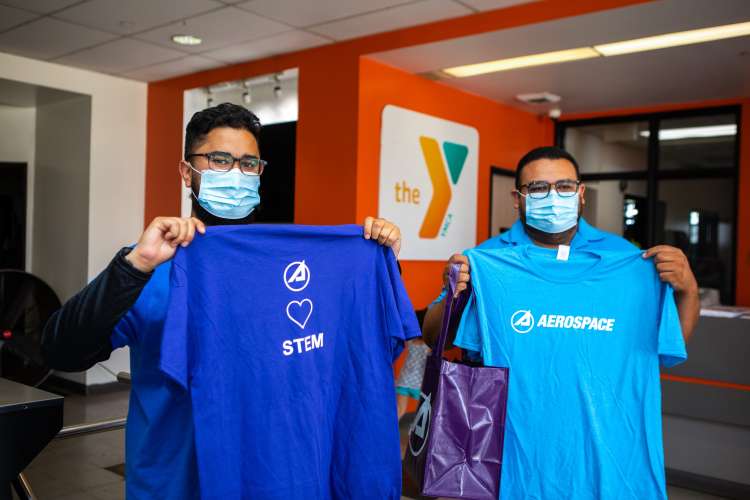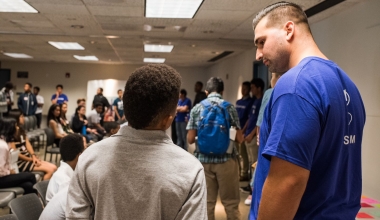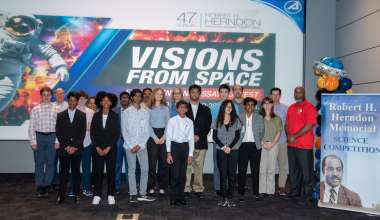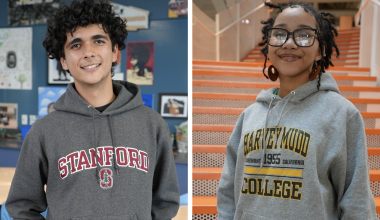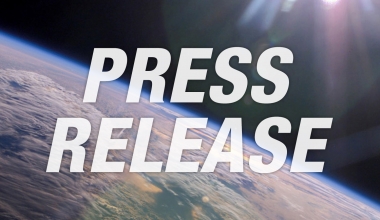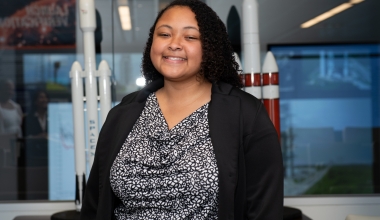The Aerospace Corporation is committed to nurturing and inspiring the next generation of science, technology, engineering, and math (STEM) leaders.
To date, low-income communities and communities of color remain disproportionately underrepresented in STEM fields. In an effort to effect change, Aerospace has made K-12 STEM outreach a key objective to its mission.
Throughout 2021, we have supported K-12 STEM education by hosting a variety of educational programs for teachers and students of all ages. Free of charge, these events introduce participants to state-of-the art facilities, research, and the 21st century skills needed to succeed in STEM disciplines while providing opportunities to solve real-world problems.
With an eye to the future, we are making every effort to increase the number of girls and students of color on STEM curriculum pathways from elementary school onward.
In collaboration with the Smithsonian Science Education Center (SSEC), we have created multilingual resource books for first-grade students, resulting in 5,650 advance copies being reserved by teachers, with remaining resources to be distributed by the Los Angeles Unified School District (LAUSD) at the start of the 2021/22 academic year. In addition, we have completed three professional development sessions, which the SSEC has recorded for educational instruction.
Aerospace is partnered with TryEngineering Together™, a teacher-guided online learning platform that helps students in low-income neighborhoods improve their science, technology, engineering and math (STEM) and literacy skills through one-on-one support from eMentors. This year, we helped shape futures and increase STEM skills by pairing students from Houston, TX and Inglewood, CA with 54 Aerospace eMentors across the United States.
Aerospace recently sponsored the Zero Robotics coding competition, an event in which middle school students applied their knowledge of computer programming and robotics to compete with other teams virtually in a final code-off competition, with a cash prize awarded to each of the three winning teams. Led by the Massachusetts Institute of Technology (MIT) in partnership with Aerospace, the event was the culmination of a three-week program designed to teach middle school students the basics of coding and space engineering.
Ultimately, 23 teams representing 209 students from seven states actively participated in the event, with 16 teams representing 151 students from five states submitting final code by the deadline. In addition, Aerospace provided 28 interns to mentor the students, who were drawn from various organizations across the country, such as the YMCA, Boys and Girls Clubs, and scouting organizations, as well as other science clubs. Prior to the competition, the Zero Robotics program hosted a virtual Career Day event, featuring speakers from Aerospace, MIT, NASA, California State University, Northridge and the United States Space Force (USSF).
Students, teachers, and schools that have completed this year’s Zero Robotics virtual program will be guaranteed a spot in the 2022 competition, to be scheduled as a live event on the International Space Station (ISS). For the 2022 competition, ISS astronauts will referee the competition in real time, running student-developed code on ISS Astrobee robots, NASA’s new free-flying space mission assistants.
As part of an outreach initiative to urban schools, Aerospace held a virtual Science Olympiad in which four teams totaling 30 students from Mark Twain Middle School and the TEACH Academy in Los Angeles, Calif., and Los Coyotes Middle School in La Mirada, Calif. competed, with guidance from 21 mentors.
Aerospace’s K-12 STEM outreach programs remain focused on nurturing young talent in traditionally underserved communities, and increasing community engagement and dialogue that will ensure equal opportunities for future STEM leadership and a robust pipeline of STEM talent for years to come.
